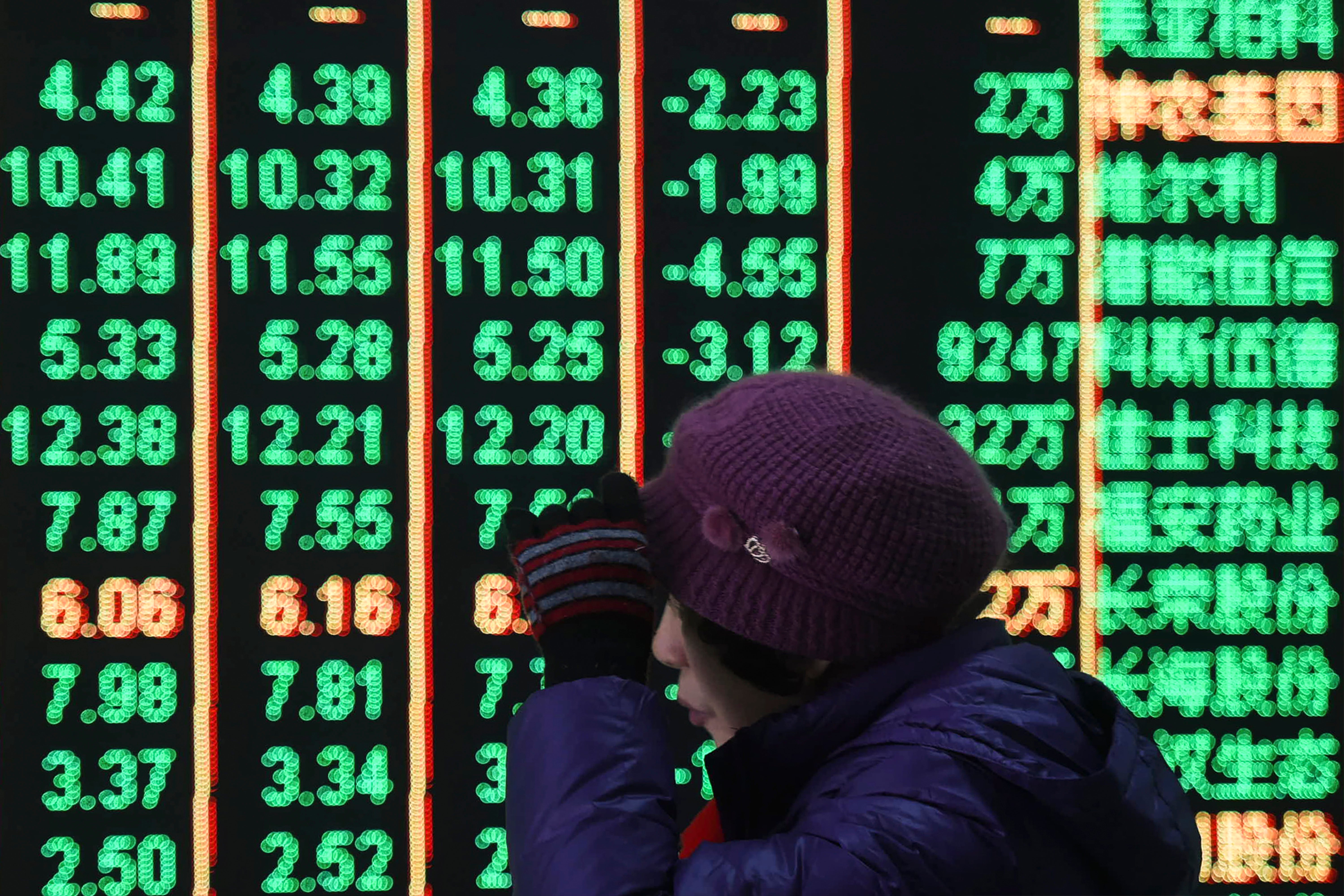Chinese state investment fund promises to expand share holdings to help support sagging markets
A major Chinese state investment fund has promised to expand its purchases of stock index funds to help support sagging markets

A Chinese state investment fund has promised to expand its purchases of stock index funds to help markets that have been sagging under heavy selling pressure from a property crisis and slowing economy.
Shares logged moderate gains on Tuesday after the announcement by Central Huijin Investment, a Chinese sovereign fund that owns China's state-run banks and other big government-controlled enterprises.
The fund has stepped up buying of shares in big state-owned banks and other companies to counter heavy selling pressure in the Chinese markets. On Monday, benchmarks in Shanghai and the smaller market in Shenzhen bounced between small gains and big losses, while share prices of state-run banks and other big companies rose.
The move followed warnings by the market regulator of a crackdown on market manipulation, insider trading and other abuses and promises to protect smaller investors who usually account for the majority of trading in Chinese markets.
The market watchdog, the China Securities Regulatory Commission, welcomed the announcement, saying that share prices at a “historically low level” highlight their medium and long-term investment value.
“We firmly support Central Huijin to continue to increase the scale and intensity of its holdings, and will create more convenient conditions and smoother channels for its market entry operations,” it said at a statement. It promised to “make every effort to maintain the stable operation of the market.”
It said it also would facilitate share purchases by institutional investors such as public funds, private equity funds, securities companies, social security funds, insurance institutions, and annuity funds and encourage companies to increase share repurchases.
It was unclear if the moves will suffice to turn the tide that has taken the markets to five-year lows despite a flurry of moves to instill confidence and support property developers whose financial woes after the government cracked down on excessive borrowing have been a major drag on the economy.
By midday Tuesday, the Shanghai Composite index was up 0.8% and Hong Kong's Hang Seng had jumped 2.5%. The Shenzhen A-Share index was 1.2% higher.
The biggest gains in Hong Kong were in technology shares like e-commerce giants Alibaba, which surged 6.8%, and JD.com, which added 5.1%.
Bookmark popover
Removed from bookmarks